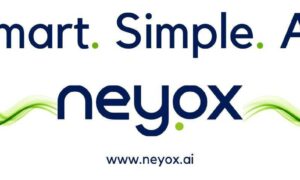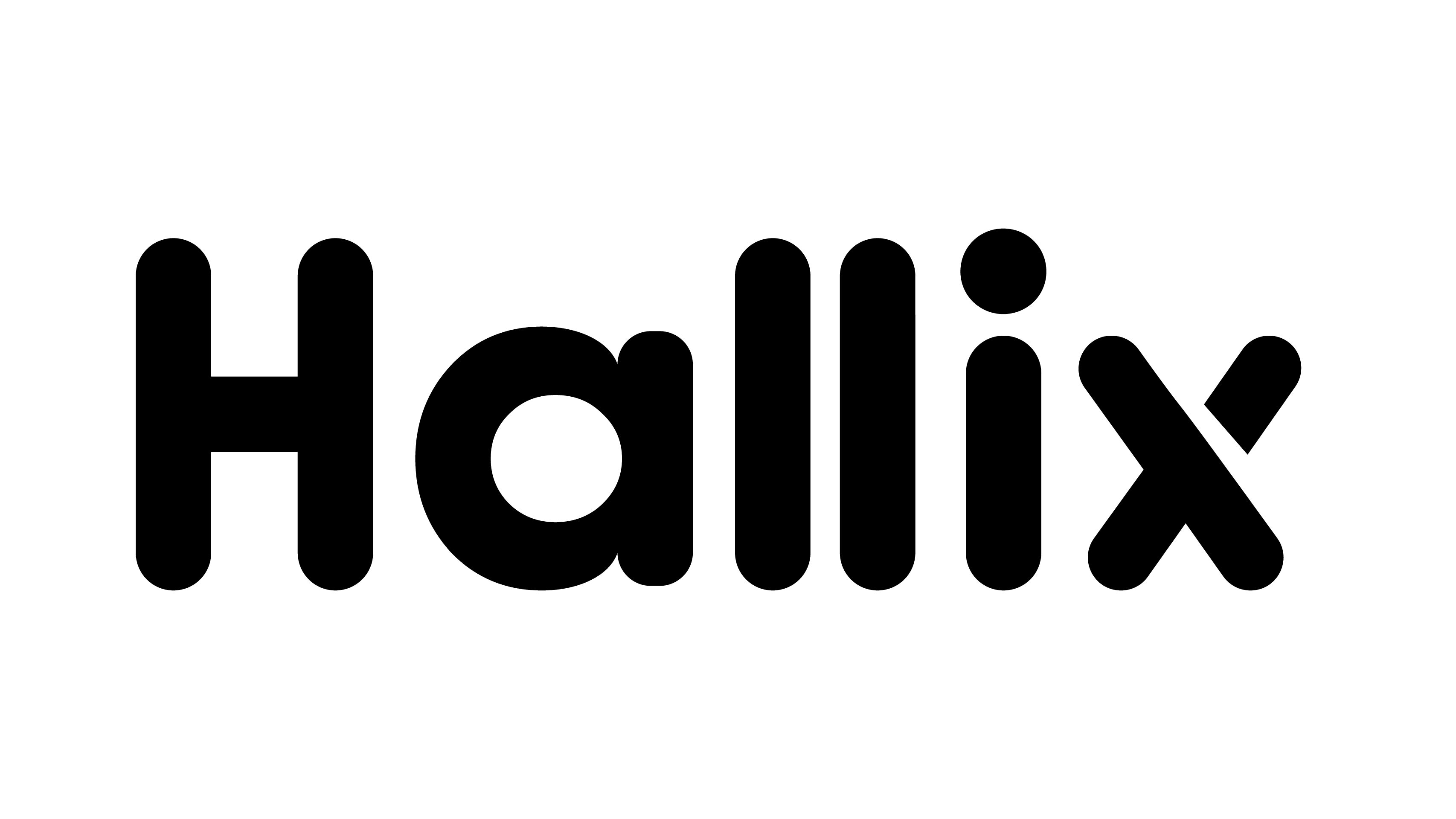Meta is considering developing its own AI-powered search engine in an effort to lessen its need for Google and Microsoft’s Bing, two of the industry’s leading search engines.
TakeAway Points:
- Meta is apparently considering developing its own AI-powered search engine.
- The new search engine will leverage Meta’s AI chatbot to provide users with conversational AI-generated summaries of recent news and current affairs.
- The Brazilian subsidiaries of TikTok, Kwai, and Meta Platforms are facing two lawsuits from Brazil’s Collective Defence Institute, a consumer rights organisation, seeking 3 billion reais ($525.27 million) for allegedly failing to put in place safeguards against minors using these social media platforms carelessly.
AI-powered search engine
The new search engine will create conversational AI-generated summaries of recent information and current events and deliver them to users through Meta’s AI chatbot, according to The Information, which cited an anonymous source familiar with the matter.
According to the source, a dedicated engineering team at Meta has been working on the project for the last eight months to build out a database of relevant information for the new search engine to utilize.
Meta’s AI chatbot — which is integrated with the firm’s suite of social media apps, including Instagram, Facebook, and WhatsApp — currently depends on Google and Bing search engines to provide answers to user questions.
Meta’s move to launch a proprietary search engine follows similar moves from several other large AI players, including Sam Altman’s OpenAI.
In July, OpenAI unveiled a search engine prototype called “SearchGPT” with plans to integrate the feature directly into its chatbot ChatGPT in the future.
Similarly, an Oct. 2 report from Bloomberg shared that Apple had confirmed it had made necessary steps to look at replacing some elements of Google search functionality with its own AI tools.
More recently, Meta announced a multiyear partnership with news agency Reuters to integrate AI-powered chat functions into its platforms on Oct. 25, its first foray into news content in several years.
Meta’s shift towards integrating news with its AI chatbot diverges from its efforts to minimize news and political content across its main platforms.
Following controversies in recent years, including Meta’s discontinuation of its “News Tab” and reduced emphasis on political news post-2020, the tech giant had largely distanced itself from news-focused features.
However, the new AI deal hints at a potential return to news in a more controlled capacity, targeting users who seek news actively rather than passively receiving it in their feeds.
Brazil institute sues social media giants for $525 mln over usage by minors
Brazil’s Collective Defense Institute, a consumer rights group, has filed two lawsuits demanding 3 billion reais ($525.27 million) from the Brazilian units of TikTok, Kwai, and Meta Platforms for allegedly failing to create mechanisms to prevent indiscriminate use of these social media platforms by minors, according to initial petitions reviewed by Reuters.
Lawsuit demands
The lawsuits demand the companies create clear data protection mechanisms and issue warnings about the risks to children’s and teenagers’ mental health due to platform addiction.
The lawsuits are based on a series of studies on the possible damage caused by unsupervised use of social media, especially by children and teenagers.
“It is urgent that measures be adopted in order to change the way the algorithm works, the processing of data from users under 18, and the way in which teenagers aged 13 and over are supervised and their accounts created, in order to ensure a safer, healthier experience … as is already the case in developed countries,” said lawyer Lillian Salgado, one of the plaintiffs.
Meta’s reponse
Meta Platforms said in a statement that it wants “young people to have safe and age-appropriate experiences on our apps, and we have been working on these issues for over a decade, developing more than 50 tools, resources, and features to support teens and their guardians.”
The company, which owns Facebook, Instagram, and WhatsApp, also said it had recently announced a new “Teen Account” on Instagram, which will arrive in Brazil soon, and promises to automatically limit the accounts teenagers can see and who may contact them.
TikTok said it had not received any notice about the case, while Kwai, a social media site based around short videos, said in a statement that user safety is one of its priorities, especially when it comes to minors.


































